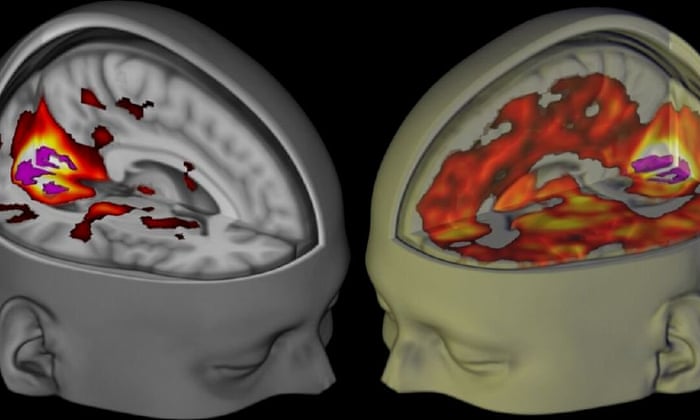Researchers at Aalto University constructed a new method able to further study the brain basis of social interaction. Their findings were published in the peer-reviewed journal Frontiers in Psychiatry.
According to researchers at the Finnish-based institution, the new method is capable of simultaneous imaging of brain activity of two people to further study their interaction with one another.
For the study, 10 couples were recruited to undergo brain imaging tests inside an MRI scanner for a span of 45 minutes. Throughout the study, researchers examined brain activity during social contact. With two separate coils put to use for brain scans, they were able to simultaneously scan two brains during their face-to-face physical encounter inside the scanner.
Upon monitoring MRI scans of brain activity, researchers could observe the activation of the motor and sensory areas of the participants’ brains.
“During social interaction, people’s brains are literally synchronised. The associated mental imitation of other people’s movements is probably one of the basic mechanisms of social interaction,” said Lauri Nummenmaa, co-author of the study.
“Our results show that hemodynamic activity can be reliably measured from two interacting subjects’ brains within one scanner using a dual-helmet setup with two separate coil arrays, and that this technique can be used for studying elementary social cognitive functions, such as interpersonal communication via touching,” the findings determined.
“Altogether our results highlight how sensorimotor networks “resonate” across individuals during tactile interaction and confirm that fMRI with our novel dual-coil design is a potentially useful tool for studying brain basis of social interaction.”
With the new findings, the technology used in the study could provide new opportunities to further investigate the brain mechanisms responsible for social interaction.


